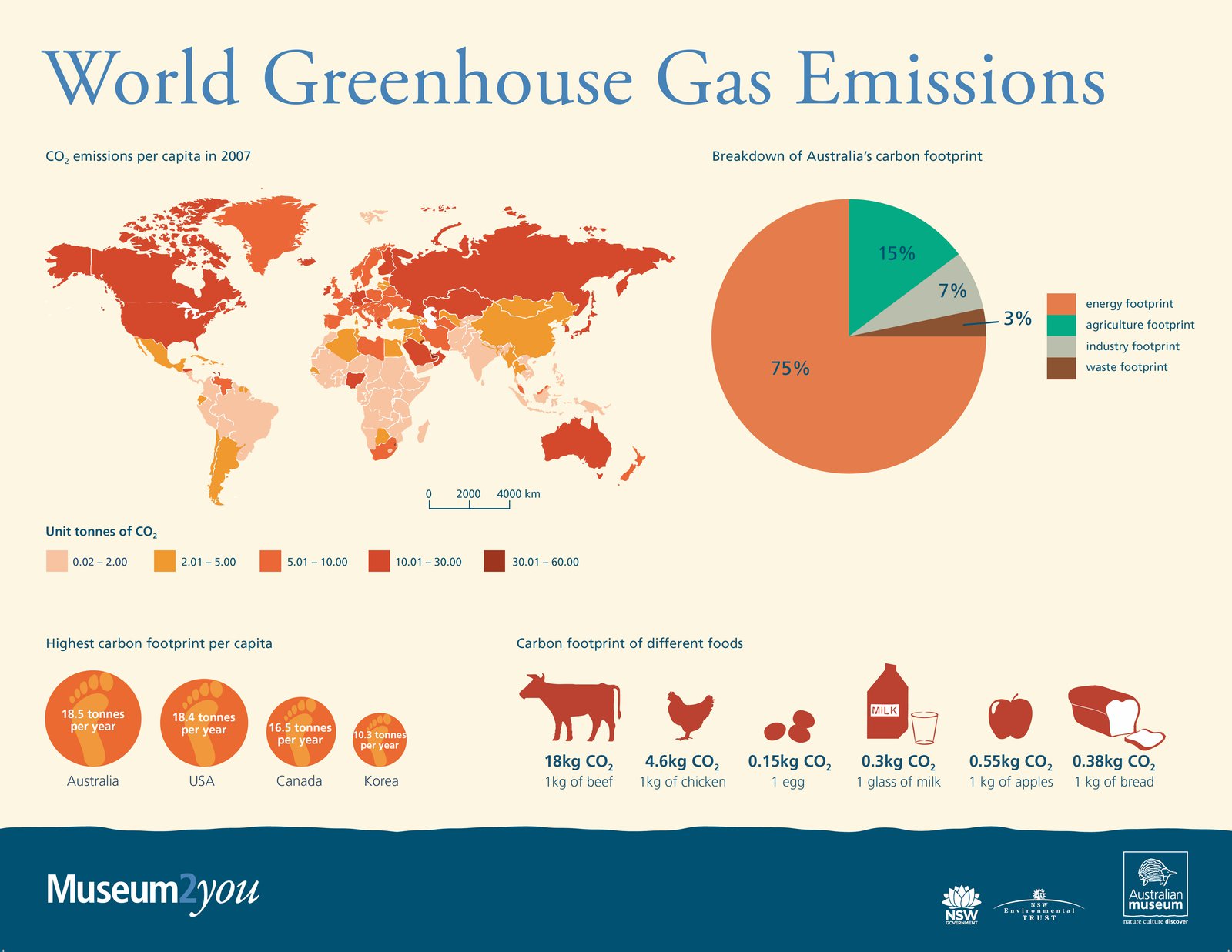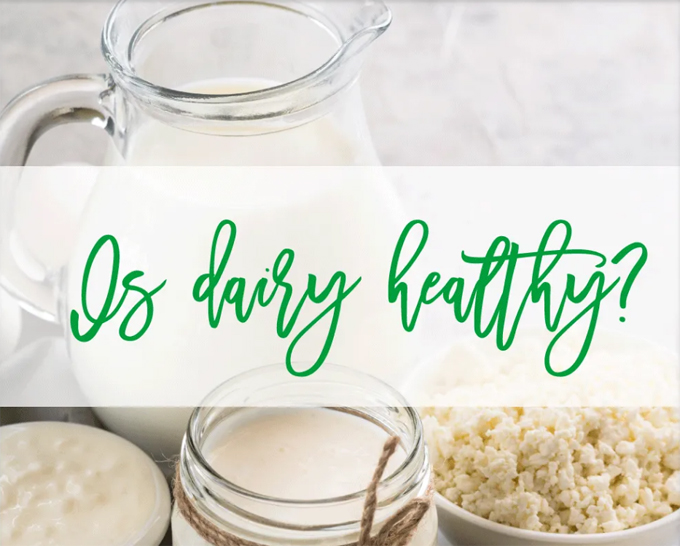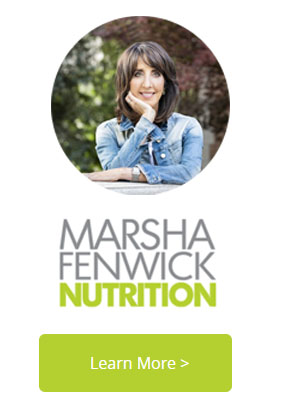Dairy Products Unnecessary and Potentially Harmful
Did you hear?…
In February 2020 The New England Journal of Medicine concluded that dairy products are unnecessary and potentially harmful!
Recommendations for consuming dairy not based on scientific evidence
Most of us grew up in the belief that we had to drink cow’s milk to have strong bones. Many studies in the past have denied this claim, but recently, Harvard researchers examined all available evidence on dairy products and found that milk does not help strengthen bones to prevent fractures. Dr. David Ludwig stated that they reviewed more than 100 studies and concluded that the recommendations for consuming dairy products we see in advertising were not based on scientific evidence.
All the nutrients in milk can be obtained in the necessary amounts from other sources. For example, Calcium can be found abundantly in kale, broccoli, nuts, seeds, beans and calcium-fortified nut milks.
There is no evidence to support drinking the milk of other animals.
Risks of High Consumption of Dairy Products
In fact, countries with higher milk consumption (such as Sweden) tend to have a higher risk of hip fractures than those with lower consumption (such as China). Harvard researchers evaluated the evidence on dairy consumption and health outcomes, including growth and development, cancer risk, bone health and body weight, and concluded that high consumption of dairy products has no benefit for human being.
Not only did they discover that there was no protection against bone fractures, but it could increase the risk of fractures, prostate cancer and endometrial cancer. With respect to cardiovascular diseases, dairy products increase their risk compared to sources of plant origin.
Dairy Farming is Hard on the Environment
Walter Willett, MD, DrPH, a professor of nutrition and epidemiology at the Harvard T.H. Chan School of Public Health also points out that dairy farming is hard on the environment. While that might not have been a big consideration 20 years ago, climate change makes it critical to consider now. “If it’s going to have a major adverse environmental impact, we better take a serious look at our recommendations as well and see what we’re going to do to mitigate that,” he says.

Should we drink milk or not?
When Medical news today asked Dr. Willett whether he thinks people should consider avoiding milk, he explained: “In our review, we concluded that milk is not an essential part of a healthful diet, but consumption of modest amounts is compatible with good health. Thus, we suggested a possible range for health of zero to about 1 serving a day for adults.”
My Personal Recommendations
My personal recommendations would be to limit your intake of total dairy consumption. If choosing dairy, I would suggest to go with organic, full fat and unsweetened choices. My personal preference would be to choose mainly from plant based options as these are also a good source of calcium and protein.
Sources:
“Rethinking Milk: Science Takes on the Dairy Dilemma” Medical News Today, Retrieved 9 March 2020. <https://www.medicalnewstoday.com/articles/milk-is-it-as-healthful-as-we-think>.
“Milk and Health” New England Journal of Medicine, Walter C. Willett, M.D., Dr.P.H., and David S. Ludwig, M.D., Ph.D., Retrieved 9 March 2020. <https://www.nejm.org/doi/pdf/10.1056/NEJMra1903547>.
Images:
https://www.thelyonsshare.org/
https://australianmuseum.net.au/
Marsha Fenwick, C.N.P. R.R.T.
Marsha is not your typical nutritionist. She began her career 20 years ago as a Registered Respiratory Therapist. Later, she earned her certifications as a Registered Nutritional Consultant Practitioner, Certified Nutritional Practitioner, and Registered Orthomolecular Health Practitioner. Marsha is also a Certified Cancer Coach. Her clinical practice specializes in: sustainable healthy weight loss, digestive health, women's hormones, diabetes, heart health, and cancer prevention and recovery. For more information and to book a FREE 15 minute consultation go to www.marshafenwicknutrition.com







